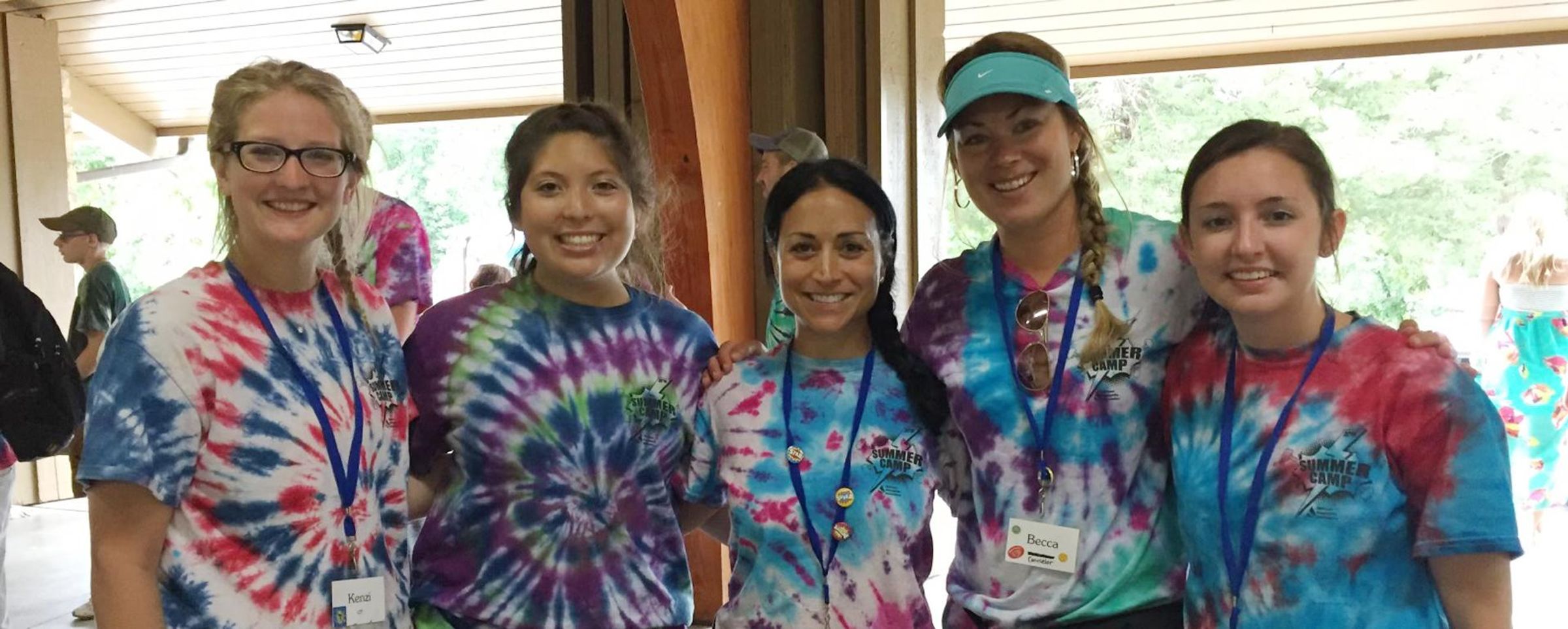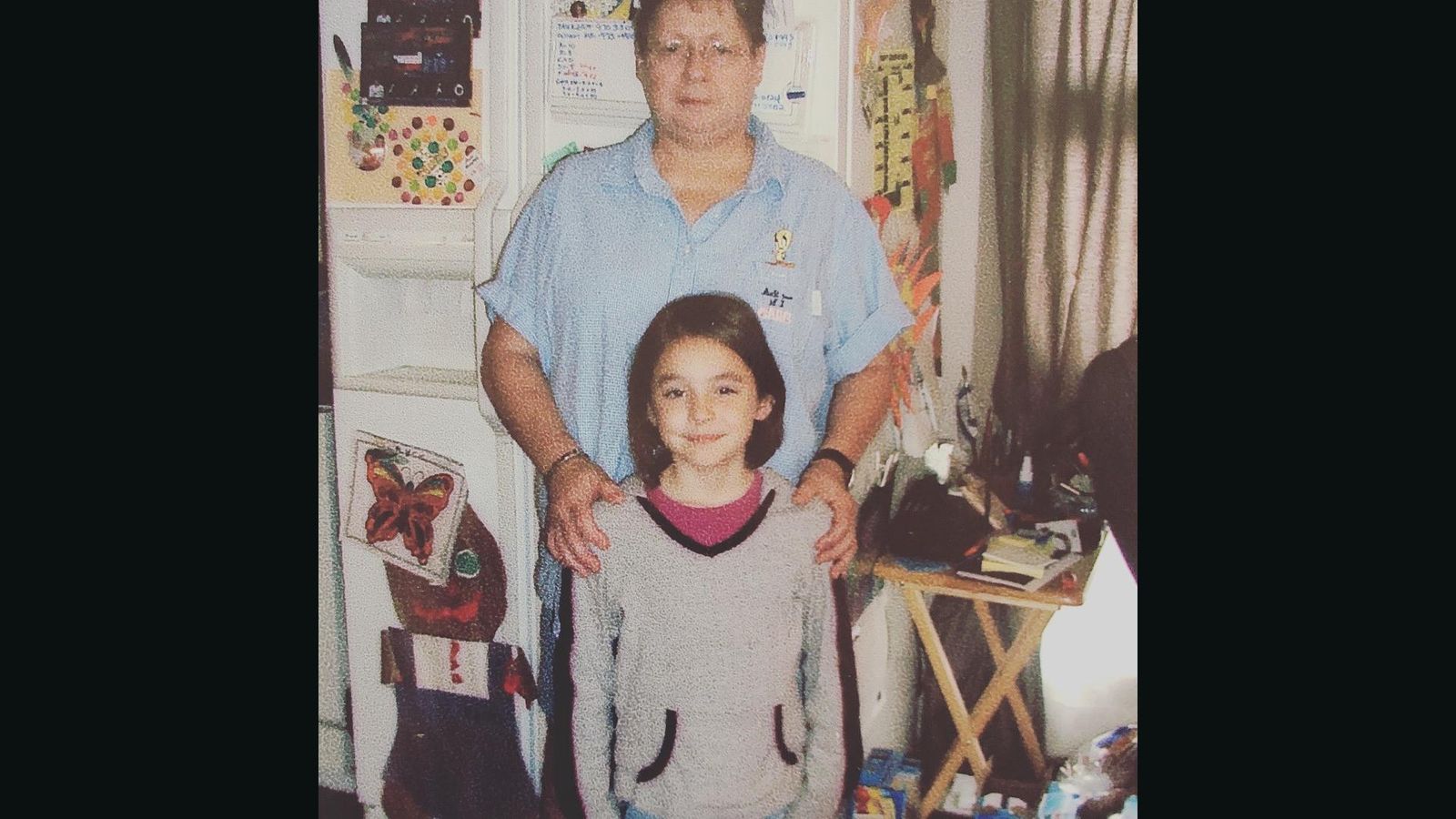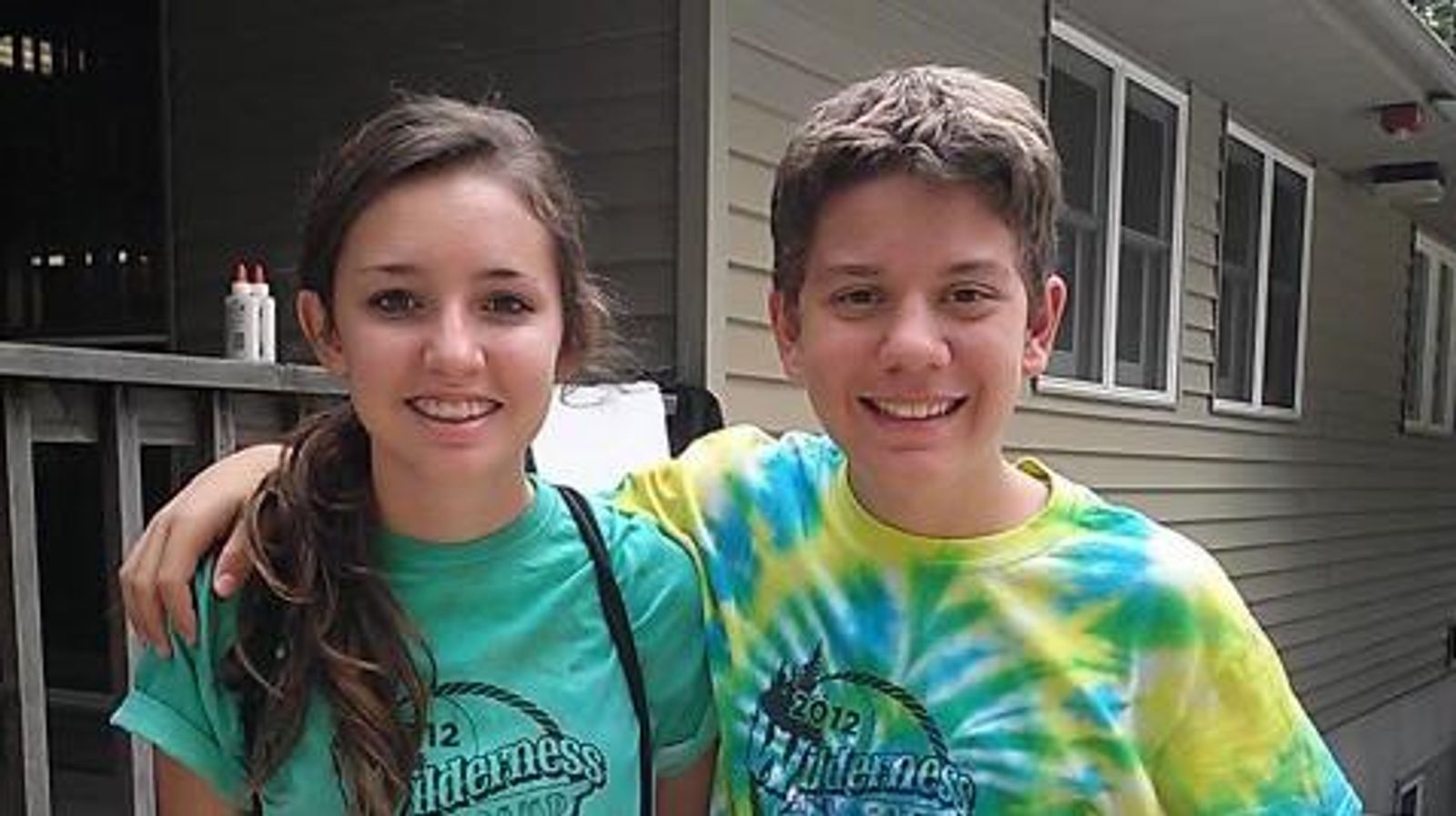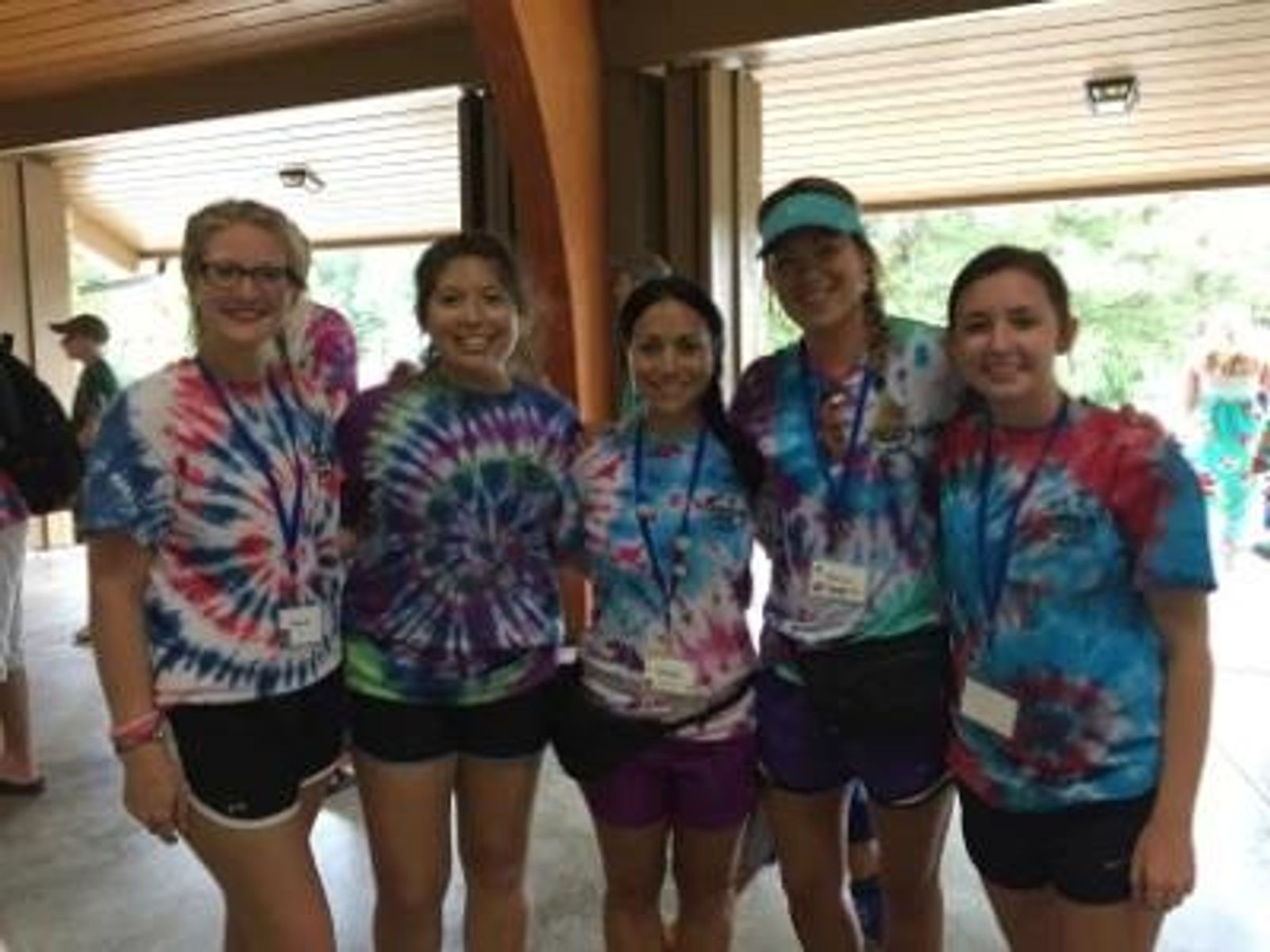Advocating for Women with Hemophilia and Giving Back to the Community That’s Given Me So Much

By Kyrie Smith, Community Relations and Education (CoRe) Manager
My family history and connection to hemophilia goes back to my grandmother. She was diagnosed with hemophilia and was one of the first women to receive access to factor treatment for on-demand bleeds. I am very proud to come from a long line of strong women who have advocated for the health of their family as well as themselves. My diagnosis changed over time and I was thankful to receive it relatively early on and to carry on the legacy of strong women with bleeding disorders, as well as that of the broader community.

Hemophilia affects both women and men in my family, with my two brothers and uncle diagnosed with severe hemophilia. During my brother’s annual appointments, my mother advocated for my factor activity levels to also be checked because I was a carrier, which meant I could become symptomatic (i.e. exhibit symptoms such as excessive bleeding, joint health and pain). I’m thankful for her persistence, as I was diagnosed so early, in my childhood, when many women, including my mother, are diagnosed later in life.
Unfortunately, because this condition has primarily impacted boys and men historically, there are limited treatment options for women affected by hemophilia. The ability for my grandmother to be prescribed factor to control a bad leg bleed was quite novel at the time. While she is no longer with us anymore, I often find myself thinking about her strength and resilience. I aim to follow in her footsteps and draw inspiration from her ability to balance managing hemophilia and mental health while also spending time with me and my brothers and stocking my favorite snacks.
Following my symptomatic diagnosis, I was provided an off-label treatment to reactively address bleeds or other symptoms. A few years after that, my diagnosis changed again to mild hemophilia. This change was due to the strong women and advocates in the hemophilia community that helped evolve the definition of symptomatic carrier to mild hemophilia, which is defined by factor activity levels. Thank you for the time and support of those women and advocates to facilitate that change in our nomenclature. I am honored to now join them in their work to increase visibility and voices of women with hemophilia.
Through working with my healthcare providers (doctors, nurses, etc.), I have been able to manage my condition relatively well over the years, but there have been challenging times. From at times missing sports practices in high school, to switching cardio workouts to avoid overworking my joints and managing pain, I’ve had to make some compromises along the way.

When I have experienced those difficult times, my family has been there to support me, as has the broader hemophilia community. I’ve been a member of it since I can remember, and they have basically become a second family to me. By having a mentor to look up to, or a peer to talk through an issue with, I’ve made lifelong friends from my time at hemophilia camps and other chapter or national events.
The hemophilia camp system, which has now evolved to bleeding disorder camps, is such an important activity in unifying the community. Camps are where many children with hemophilia learn how to self-infuse for the first time, taking the first step of independence to manage and oversee their care. The camp programs are open to people with hemophilia as well as other family members (siblings, etc.) affected by hemophilia or other factor deficient bleeding disorders.
Since going to my first camp at the age of seven, I have only missed two of them (mainly due to COVID-19 restrictions). I can still remember during my first camp experience where I met so many good friends who I still keep in touch with to this day. Ironically, a friend from camp introduced me to the Community Resource and Education (CoRe) Manager position at Sanofi. At the time, I was searching for a position that would allow me to explore my interest in healthcare as well as maintain a direct connection to the hemophilia community.

Because the hemophilia community has played such a large role in my life, I want to continue giving back, being a resource for the next generation. My role at Sanofi allows me to do that in a myriad of ways. As a CoRe, I am able to connect with various members of the community no matter where they might be in their hemophilia journey. It could be a new parent navigating hemophilia care for their child, or it could be a young adult working to manage their hemophilia care independently.
When I have the opportunity to connect with a young girl who is having hemophilia symptoms and needs to advocate for herself, I can really relate because I’ve been in her shoes. The road to diagnosis and treatment can be long and confusing, but there are so many reasons to keep going and so many people to help you do just that. I hope by sharing my story, others will too, and together, we can continue empowering the hemophilia community to advocate for their care and supporting those in the earliest stages of their hemophilia journey.
To hear more stories about people living with hemophilia, please visit rareblooddisorders.com.